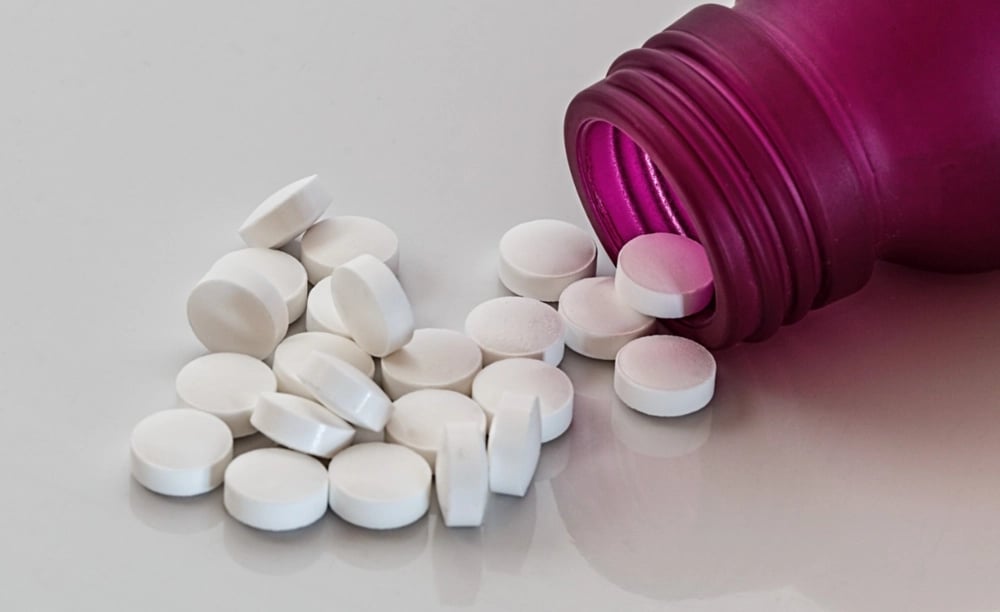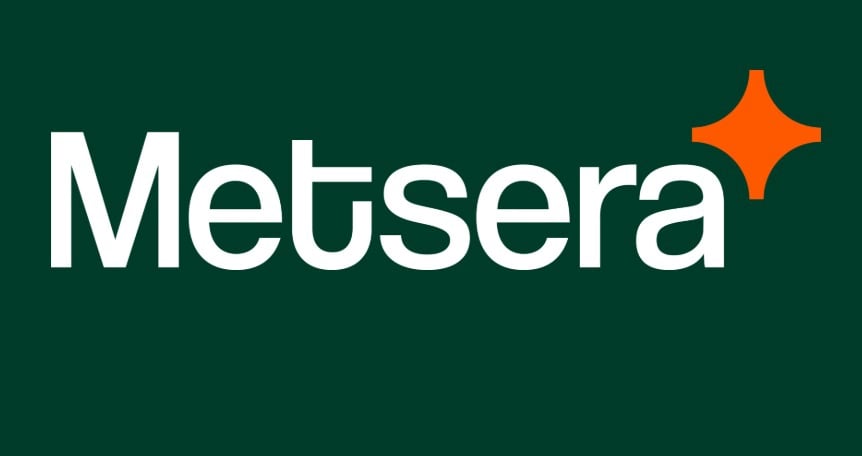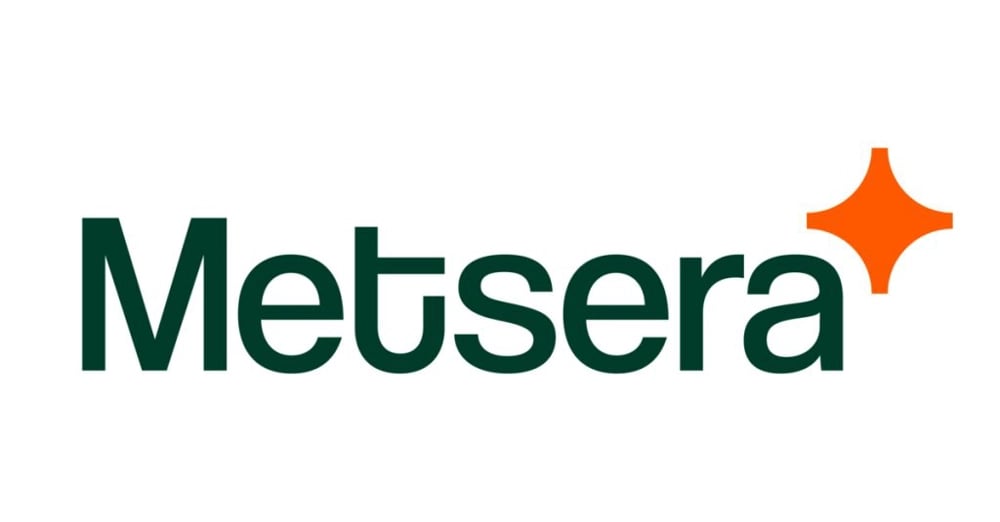Metsera Surges on Promising Weight-Loss Drug Data With Monthly Dosing Potential
Metsera Inc. $MTSR, a biotech startup targeting obesity, saw a sharp rally in its stock after releasing positive early-stage trial data for its experimental weight-loss therapy, MET-233i. According to the company, the injectable drug enabled patients to lose up to 8.4% of their body weight within just 36 days during a Phase 1 study — surpassing preliminary expectations. Beyond efficacy, the treatment demonstrated prolonged bioavailability, allowing for a potentially game-changing shift from weekly to monthly administration. That differentiator, if validated in later-stage trials, could directly challenge the current market dominance of weekly injectables such as Wegovy by Novo Nordisk A/S $NVO and Zepbound by Eli Lilly & Co. $LLY.
Competitive Advantage in Dosing Convenience
The move from a once-weekly to once-monthly injection regimen addresses two fundamental issues in the obesity therapeutics market: patient adherence and distribution logistics. CEO Witt Bernard emphasized that less frequent dosing enhances both user convenience and scalability, especially in the context of treating large patient populations. This pharmacokinetic profile may allow Metsera to differentiate itself in a segment defined by similar GLP-1-based approaches. Investors are closely watching whether MET-233i can maintain its efficacy and tolerability across longer study periods and larger sample sizes.

Implications for the Obesity Drug Market
Metsera’s data release intensifies competition in a sector undergoing explosive growth. The global anti-obesity drug market, valued at over $50 billion, is projected to exceed $100 billion by 2030, according to industry estimates. With Novo Nordisk and Eli Lilly generating record-breaking revenues from GLP-1 analogs, any new entrant with a compelling dosing and efficacy profile has a strong opportunity to capture market share.
Unlike incumbents, which have already committed to large-scale manufacturing and global distribution, Metsera could leverage its nimbleness and first-mover advantage in monthly formulations — assuming regulatory and clinical validation.
Factors Supporting Metsera’s Bullish Momentum
Several aspects of MET-233i’s early performance support continued investor enthusiasm:
Rapid onset of weight loss in under six weeks;
Potential monthly dosing, improving compliance and logistics;
Extended half-life, enabling broader clinical application;
Clear differentiation from existing GLP-1 competitors;
Favorable trial tolerability, with no major safety concerns reported so far.
If upcoming studies confirm the current findings, Metsera may become a serious contender in a highly concentrated market, possibly triggering partnerships, licensing agreements, or acquisition interest from larger pharmaceutical players.

Outlook and Strategic Context
The biotech's strategic timing is notable. With payer pressure increasing and public health systems seeking scalable solutions to obesity — a global epidemic affecting over 650 million adults, according to WHO — therapies that offer high efficacy with minimal administration burden are likely to gain traction.
Moreover, investor appetite for biotech innovation in metabolic disease remains robust despite broader volatility in the sector. Metsera’s announcement may signal not only a scientific breakthrough but a structural pivot in how weight-loss drugs are developed, delivered, and reimbursed.















Comments